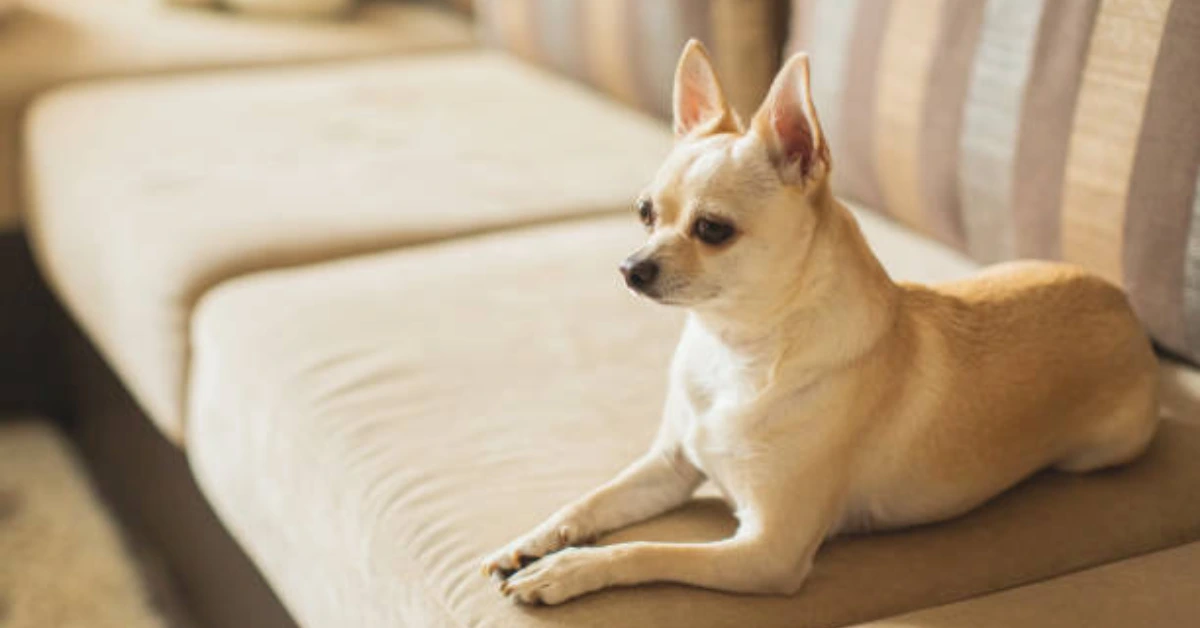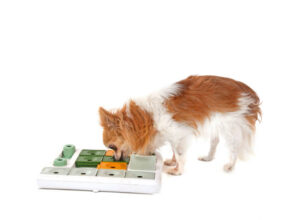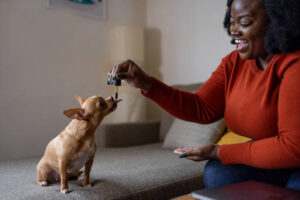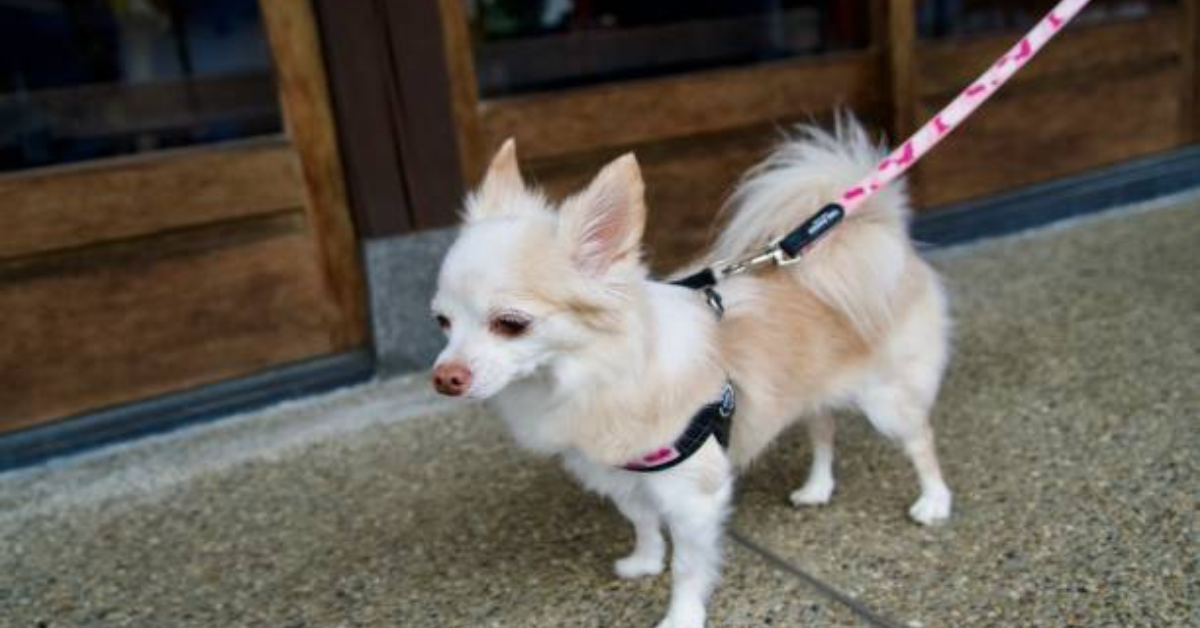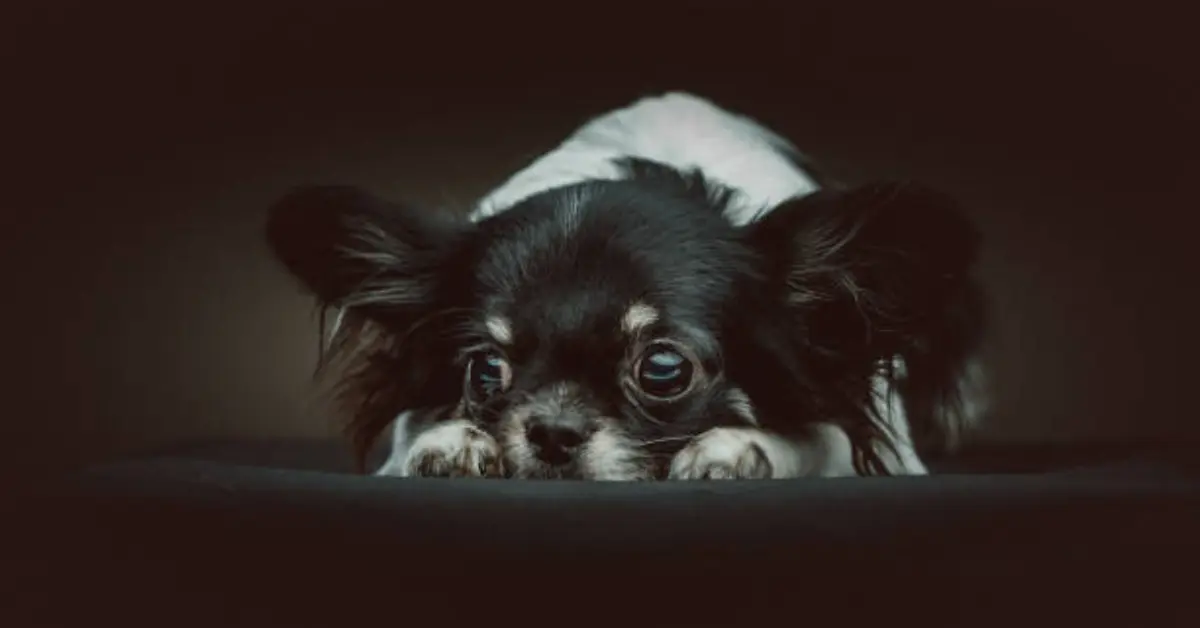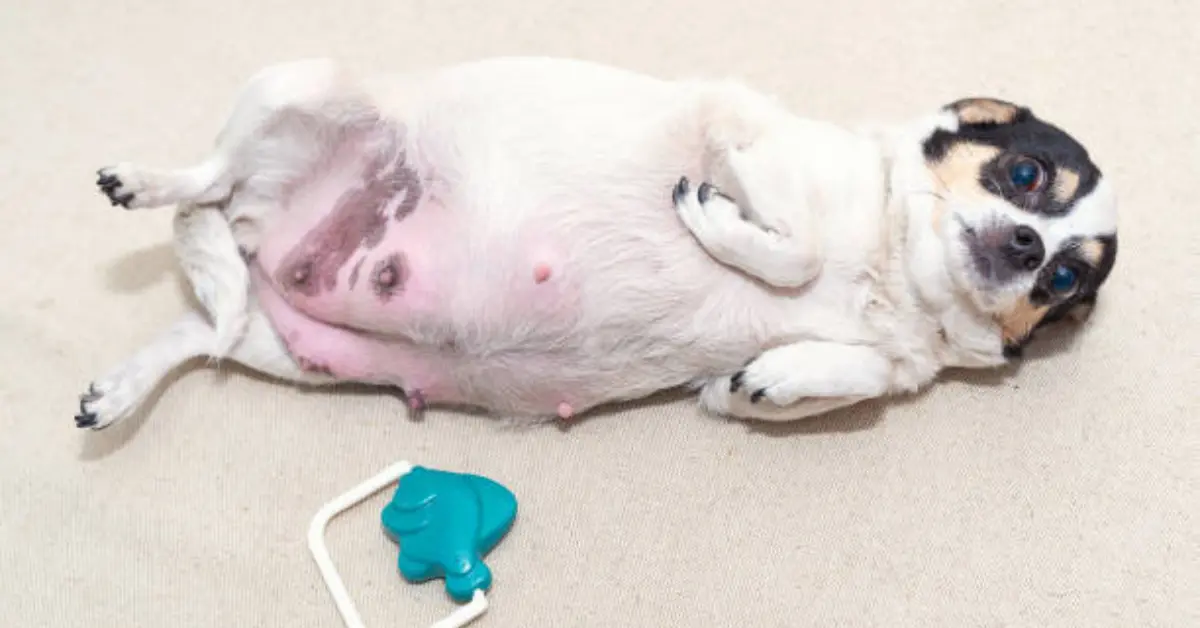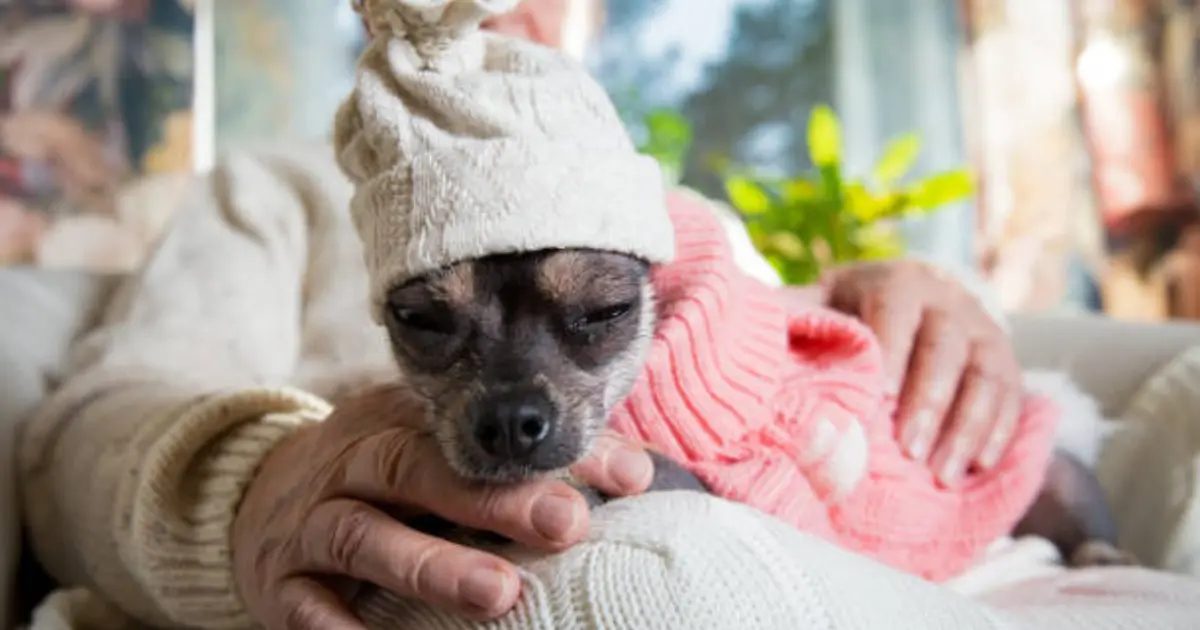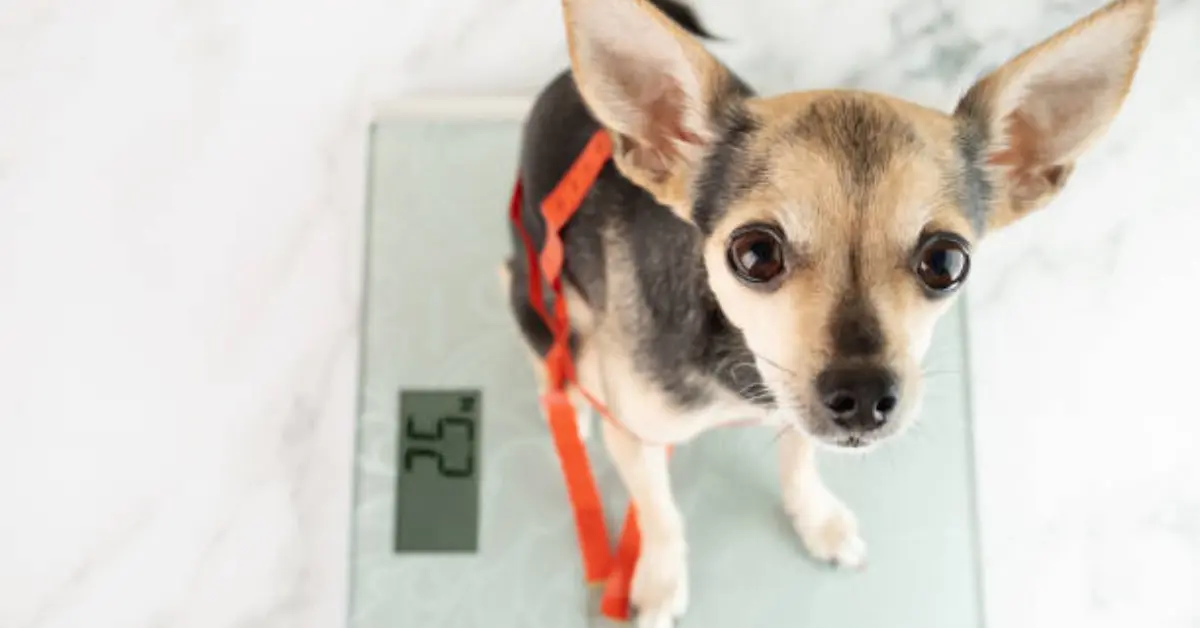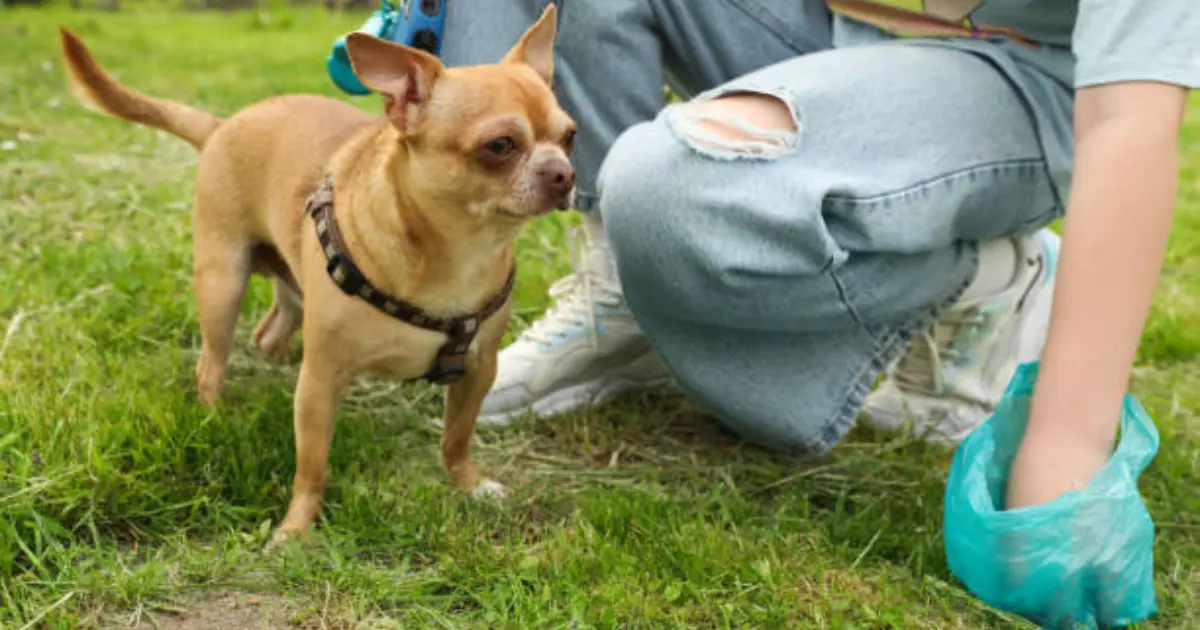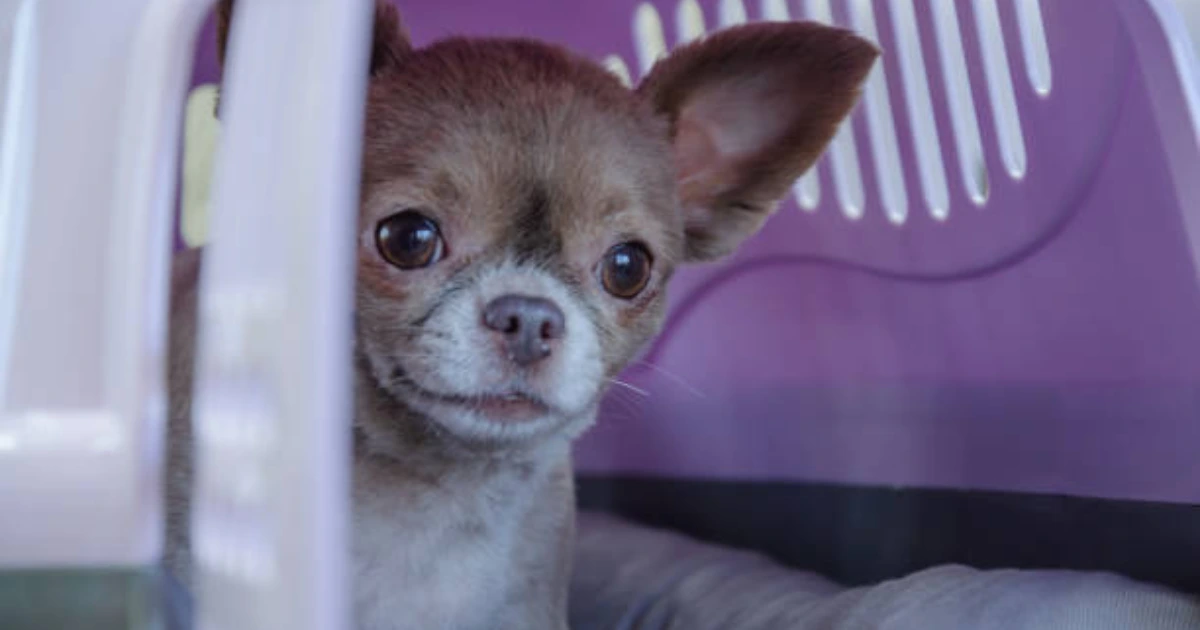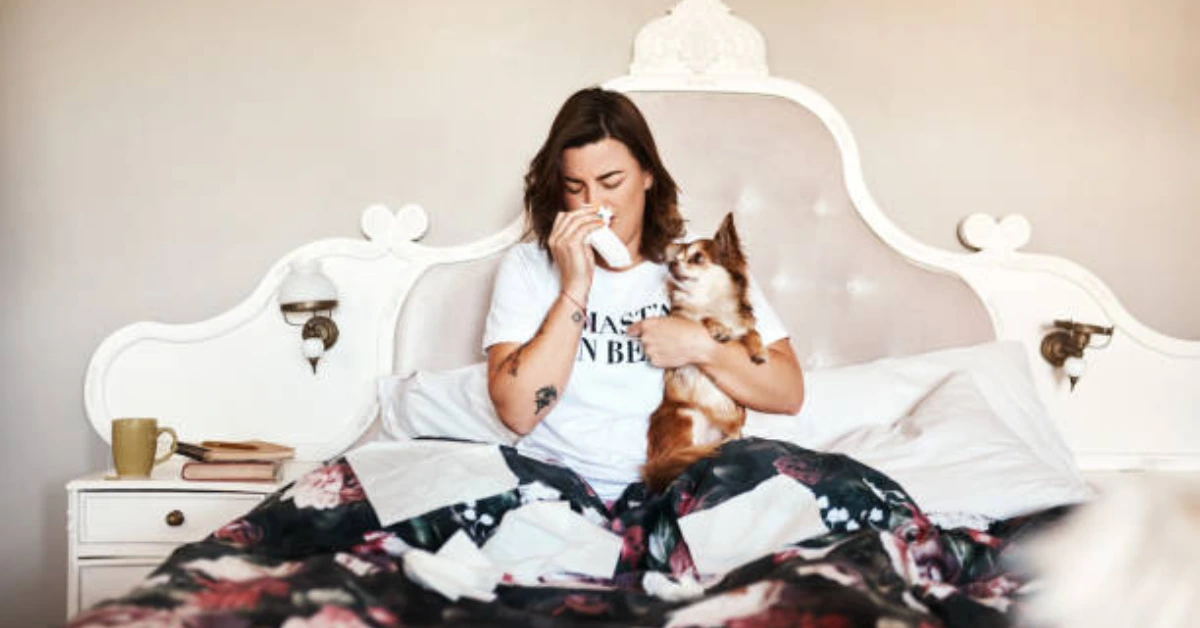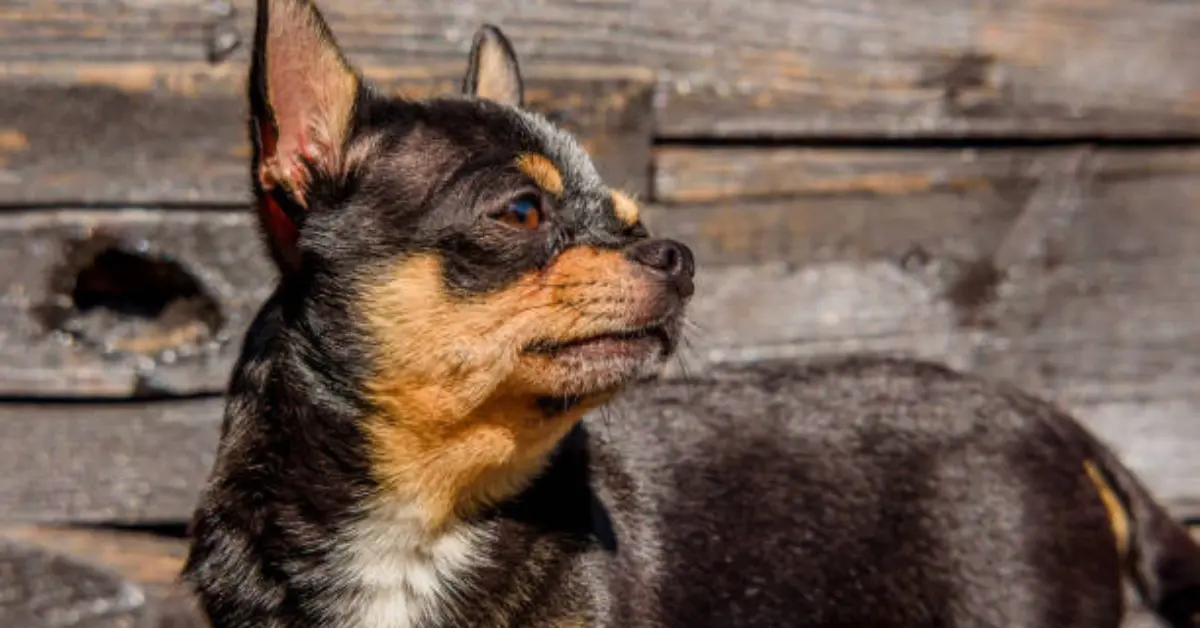One typical problem with Chihuahuas is separation anxiety, characterized by a worried reaction to the owners leaving the house. Isolation-related emotions can result in extreme melancholy, agitation, and overwhelming terror, which can be intellectually and physically draining.
You should know that there are some extremely effective ways to provide a sense of security, lessen loneliness, and build a positive and tranquil atmosphere if your Chihuahua finds it difficult to be alone when you leave the house.
Tbale of Contents
- 1 Separation Anxiety Symptoms
- 2 How to Assist a Chihuahua in Adapting to Living Alone at Home
- 3 Last Word
Separation Anxiety Symptoms
Every Chihuahua experiences loneliness differently. However, a puppy or dog will typically exhibit one or more of the following symptoms:
- Overindulgent barking
- Whining
- Depression
- destructive biting
- Anxiety
- Brutality
- Frantic actions
- Self-licking, usually with the paws involved
- Having trouble adjusting after returning home
These signs could fluctuate over time; for instance, a dog may start barking excessively one month and self-lick the next. Furthermore, these behavioral abnormalities may get worse over time. For instance, a dog that develops depression when its owner leaves can go on to develop chronic depression that persists even in social situations.
How to Assist a Chihuahua in Adapting to Living Alone at Home
If your Chihuahua exhibits separation anxiety, you can help them by:
1. Provide a Cozy and Warm Bed
Having a warm and comfortable dog bed will help keep your Chihuahua happy, as discomfort from being cold or uncomfortable will compound any suffering. It will be your child’s place to unwind with a favorite toy or cuddle up for a sleep. Appropriate support is an additional benefit of this. A dog bed with high-quality memory foam will provide the ideal kind of surface because the Chihuahua breed is prone to specific joint problems, such as patellar luxation, and all dogs eight years of age and older have some degree of osteoarthritis.
2. Establish a clearly defined space
All dog breeds share the same fundamental canine instincts, whether they are huge 100-pound dogs or little Chihuahuas. A ‘den’ is synonymous with security and safety, to name one of them. Thus, the reverse of what would make a Chihuahua feel secure is when the dog gets an entire room to themselves, or worse, when the dog roams an empty house.
Making a tiny space for your Chihuahua to feel secure while you are not there will assist. This has the added benefit of guaranteeing that all the other tools for dealing with separation anxiety will be accessible or nearby.
Depending on how your house is laid out, you might be able to accomplish this by dividing a room with gates.
Using a dog playpen is an additional, and highly suggested, option. Keep in mind that these are significantly different from crates, which can be frightening and confining for dogs.
If your Chihuahua’s “den” is made out of a playpen, put it somewhere the family uses, like the kitchen or living room. Verify that it is not too near a source of heat and that there are no drafts. Examine the area’s solar penetration to be sure there won’t be any intense glare when you’re gone from home.
Get a piece of linoleum from your neighborhood home supply store to lay under the pen if you plan to install it over carpeting. This will make cleanup of any spilled food or water and easily accommodate any accidents involving urine or excrement.
You should place Pee pads along the playpen’s floor, even if your Chihuahua is house-trained. Make sure you leave adequate food and drink as well.
3. Establish a Comfortable and Calm Environment
This is divided into three parts:
Temperature
Make sure your thermostat doesn’t automatically lower the temperature during the day by checking it twice.
Sounds
Dogs are familiar with all the background sounds that exist when their owners are at home and they adore hearing from them. Thus, a quiet home may be very uncomfortable. You can choose to play an easy-listening station on the radio to remedy this, but be aware that there may be annoying advertising.
Light
A dog may become more anxious if there are storm clouds or dark clouds in the sky while you’re away. And this is especially important if you return home before the sun sets. Even in bright, sunny weather, make sure you prevent this by leaving a light on when you leave.
5. Assist in Comforting Your Chihuahua
There are things you can do to assist lessen the hurt, even if there is nothing you can do to make your Chihuahua accept your leaving.
- Help your chi understand that their designated area is a good place, not only the location they go to when they are by themselves at home. While you’re there, leave the area open so your Chihuahua can go get toys or take a nap. Additionally, to create a good association, do this in the vicinity if you plan to provide a new toy or special treat.
- Avoid putting your Chihuahua there just before you depart. Allow ample time for your Chihuahua to relieve themselves and get some exercise, and then spend 15 to 20 minutes with them in their designated area before you leave.
- It is best for both of you if you avoid giving your Chihuahua a final embrace, kiss, and lots of attention just before you leave the house, despite how very tempting it may be to do so. This can create worry even before you travel by giving the impression that your departure is a significant event. Prepare to leave without making a big deal out of it; just be cool and collected.
6. Ways to Maintain Your Chi’s Presence
Thankfully, a variety of toys are effective in lowering separation anxiety. Each of these fulfills a distinct function. Let’s examine this:
- Interactive toys. These are interactive toys that play back to a dog in response to touch. For instance, a dog may light up, talk, or make noises when it paws or sniffs at a toy. Dogs soon learn that they should touch the toy to play with it, and when they want to relax, they should just leave it alone.
- Toys for treat release. This kind of toy is ideal for a Chihuahua owner who is alone at home because it may keep the dog busy and ensure that he feeds, which is a common worry for this small toy breed. Filling this kind of toy with a blend of your Chihuahua’s regular kibble and smooth peanut butter or kibble combined with a little amount of fish oil can make it more alluring.
- A playmate toy. This kind of toy resembles a real thing; it serves as a dog’s companion when no one else is present. It can be quite calming for dogs who suffer from extreme anxiety.
7. Supplements and Sprays for Calming Your Chihuahua
The greatest candidates for this kind of assistance are chirpy and energetic Chihuahuas. There are two varieties.
- Supplements. We use some over-the-counter (OTC) vitamins specifically to assist in calming dogs down, and they do so to varied degrees. However, they usually don’t work well enough to be useful on their own without following most or all of the previously described measures. Colostrum and L-theanine are two substances that may be of assistance. An amino acid called L-theanine can raise mood-regulating dopamine levels; it usually doesn’t make your dog feel sleepy. But, there is a chance of adverse effects, such as headache and dizziness. The first milk that mammals produce is called colostrum; for canine supplements, this is often colostrum from cows or cows, and it is believed to have calming qualities that may help dogs feel less stressed. Although there aren’t many known negative effects, this may irritate your stomach or result in constipation.
- aromatherapy. Aromatherapy functions by inhaling a particular scent, allowing it to enter the bloodstream and travel to receptors in the brain. Lavender is just as effective at reducing anxiety as some anti-anxiety medications, according to multiple research.
Medication
Usually, these are used as a “last resort.” With rare exceptions, the advantages are frequently outweighed by the adverse effects. So, it is advised to start by putting as many of the previously mentioned suggestions into practice as you can.
Veterinarians most frequently prescribe two types of medication:
- Benzodiazepines: These may have unfavorable side effects such as drowsiness, heightened hunger, and maybe elevated anxiety. Research has indicated that these could potentially impede one’s memory and learning capacity.
- Medications that treat depression. This could involve buspirone; adverse reactions could include nausea, headaches, restlessness, appetite loss, aggressiveness, and hyperexcitability. Dogs who have recently consumed cheese products may experience harmful side effects from several MAOI antidepressants. However, it can also result in disorientation, increased thirst, elevated liver enzymes, convulsions, depression, vomiting, diarrhea, and/or lethargy.
Last Word
separation anxiety also affects owners in addition to the dog itself. Many are conflicted because they know they have to leave the house for work or other responsibilities, but they also realize that this puts their Chihuahua in an extremely stressful situation. Owners who worry all day about how their dog is managing situations and feel as powerless as they assume their dogs do may find it difficult to focus at work or school.
This breed can sense hidden emotions in their humans and is extremely sensitive to how they are feeling. As a result, any stress or irritation may be seen and will only deepen the vicious cycle.
YOU MAY ALSO LIKE:
Can Separation Anxiety Cause Vomiting And Diarrhea In Chihuahuas?
Is Separation Anxiety Bad For Chihuahuas?
Does putting a chihuahua in a crate help with separation anxiety?
Do Chihuahua Puppies Outgrow Separation Anxiety?
Advertisement

